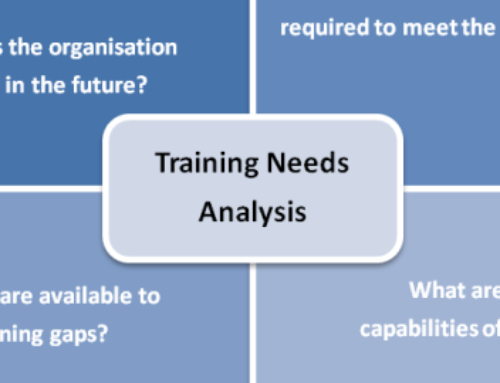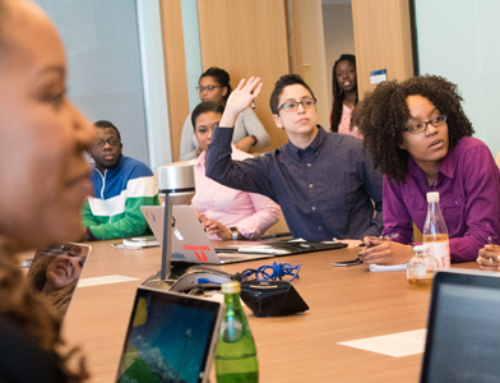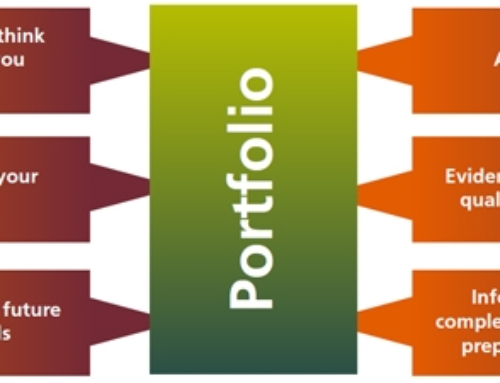We are constantly learning, regardless of how old we are. Or, let’s at least say we are trying hard to learn. The ways we are learning, though, seem not quite right when we consider what we are trying to achieve.
If you can’t apply it, you haven’t learned
In most cases, you are interested in using the new knowledge to accomplish something. Yet, you choose to learn in ways that don’t bring you anywhere close to applying what you learn. Maybe it is trigonometry for the SATs, or web design for the job interview on the horizon. Even the book you are reading on how humans form habits is probably tied to a change you wish to make happen in your life. So, you do learn for a reason: You are hoping to apply what you learn. And you want that to happen sooner than later.
Doing the wrong things more doesn’t make things right
Given this very clear goal, what do we do? We listen, watch videos, take notes, read… When we realize that we retained very little, we find out we haven’t learned; we have already forgotten most of it. Then we try harder. Read harder, listen harder, write harder. You know it.
Try testing
What we don’t include in our learning effort is testing. That’s the secret missing piece in the routines of billions of people as they strive to learn. At worst, the act of testing yourself to see if you learned is completely absent. At best, it is an afterthought; a 10-question quiz at the end of a 4-week long study plan. Think about it. When was the last time you tested yourself on what you learned?
The disconnect between what we respect and what we do
This is completely against what we know and value in life about practice and experience. We have utmost respect for people who practice a lot; if they have been tested extensively and repeatedly, they must be great at what they do. We prefer lawyers with a strong track record in court. We feel more confident with surgeons who have more experience operating on others. Professional athletes dry-run over, and over, and over long before they get their first glimpse of the competition. Countless more examples underline one fact: We believe extensive testing is the right way for others, and we respect the ones who do more. But when it comes to us, we stay in our comfort zones, never looking back to evaluate whether we actually learned.
This comfort zone of ours makes us give in to the false sense of completion when we finish a book. It makes us move to the next blog post as soon as we are done with one. It justifies the illusion of finishing a TED talk and assuming we now know how we will use the snippet of wisdom in that video. Once we think we “got” the information, we don’t look back, we don’t check whether we internalized it, we don’t see if we can apply that learning to a problem of our own.
In the US culture, testing in schools is sometimes perceived as evil; though a necessary one. Ask someone what testing means, and you will hear all the critics about labeling, grading, force-ranking people. But guess what. That is testing at its worst, and I believe that is what makes us miss the real learning opportunity today.
Testing shows the way
Tests, when done right, put us in the driver’s seat. They force us to make a judgment, give us deep awareness about what we are missing to make the right call in the future, when the right call will be of great importance. Tests reveal to us what we are strong at, and what we are weak at. Tests show us the path, so that we know what we know and what we don’t. Testing is the due diligence on our learning performance. When used as a learning method, there is almost no better way to learn something, anything, deeply.
I know what you just thought. When you heard the word test, you visualized the endless stream of multiple choice questions you once tackled to prove to others that you deserve whatever you were shooting for. While that is indeed a test, that is not the only one. Testing is a much broader concept. Practically, you are testing yourself whenever you force yourself to produce an answer, before you see the answer. And that moment is not about grading, not about labeling you. Plain and simple: that moment is all about confronting yourself to see whether you actually know stuff. That simple.
One thing I learned
Not convinced? Here’s my advice. Test this theory yourself, on your own terms. Make this post the first experiment and challenge yourself. Don’t just move to the next article. First, see if you acquired something from this post. I know you want to read a lot, and read fast, but just for once, do your reading differently, and embrace the thrill of cold calling.
Article by: Emrecan Dogan





